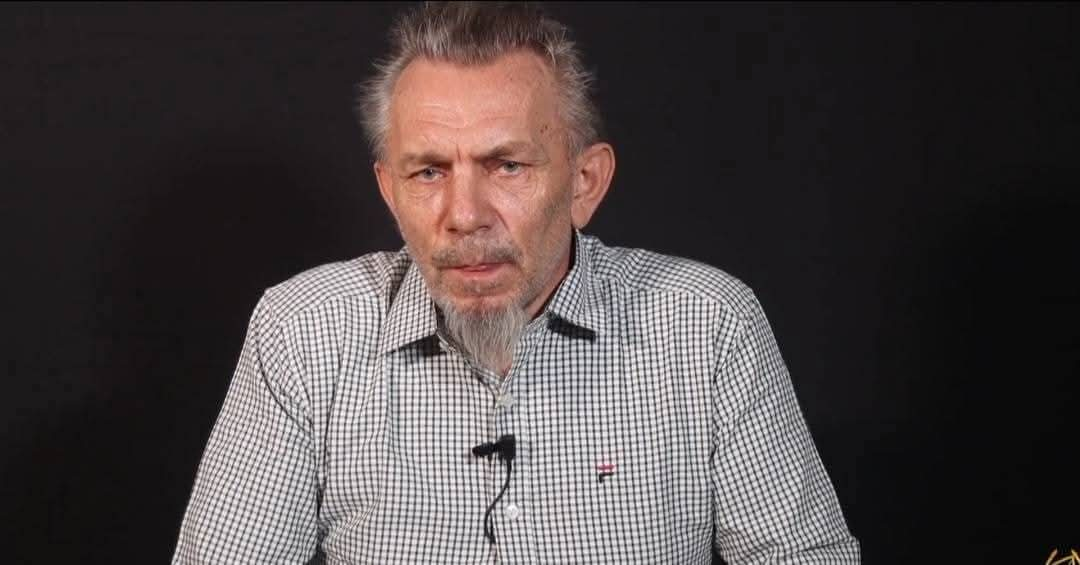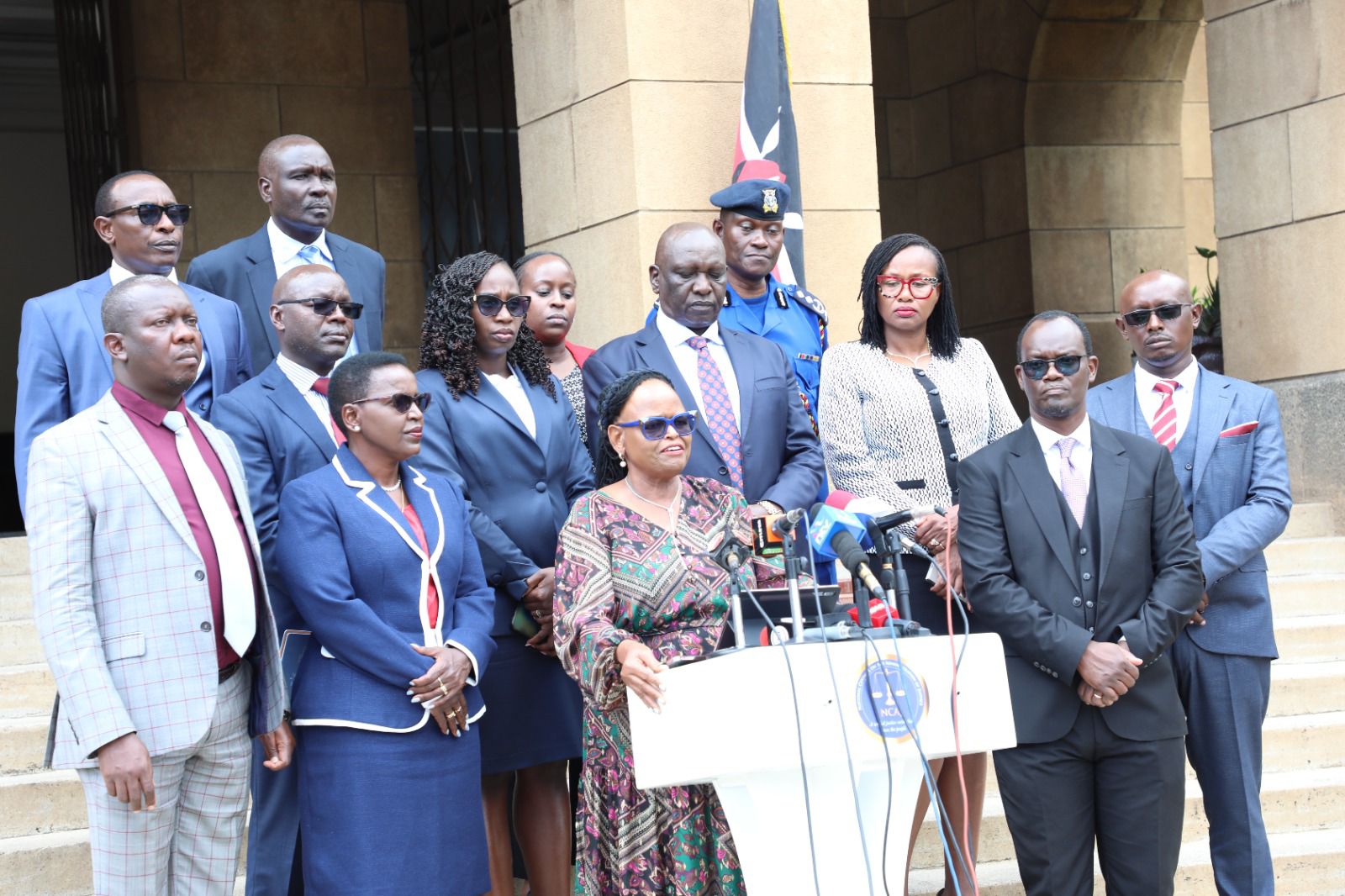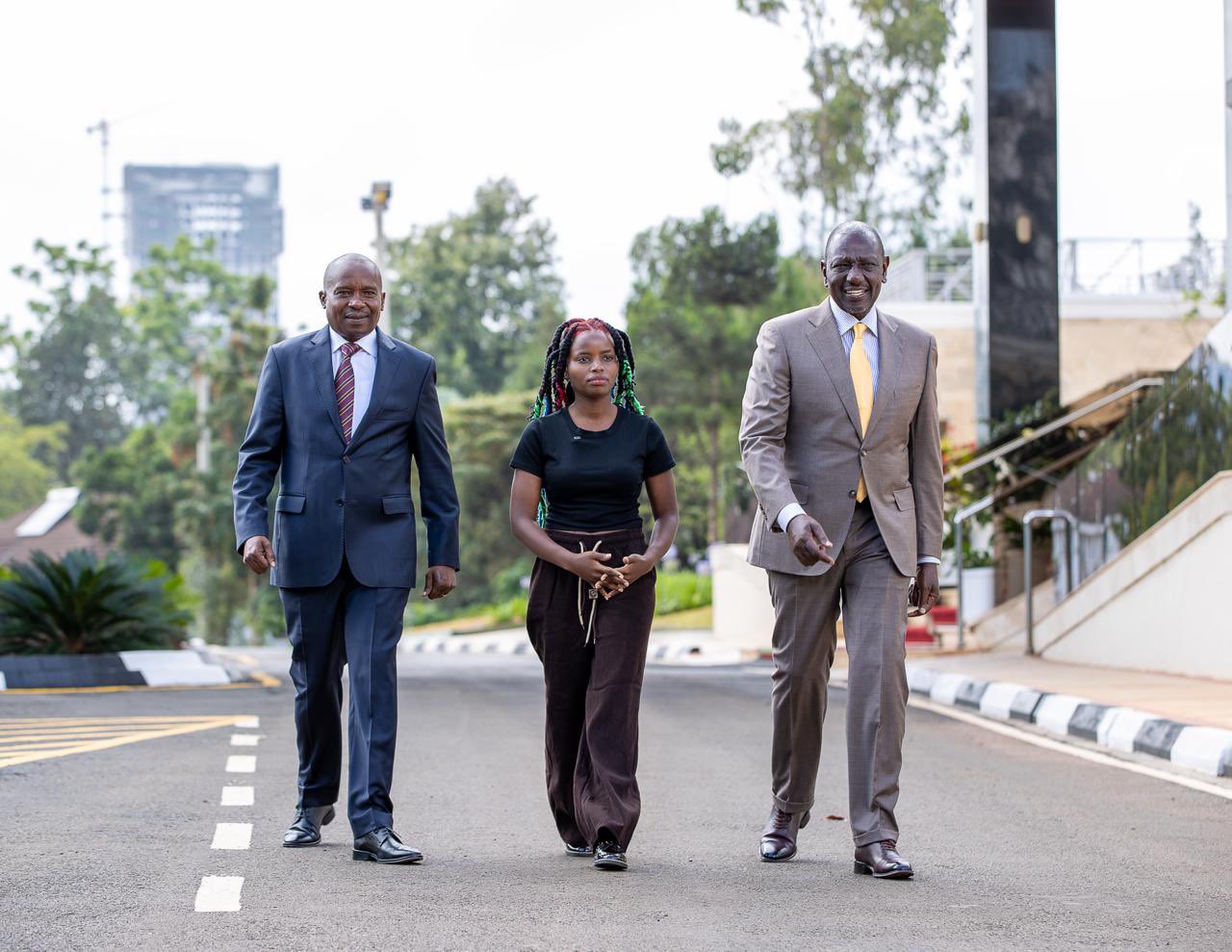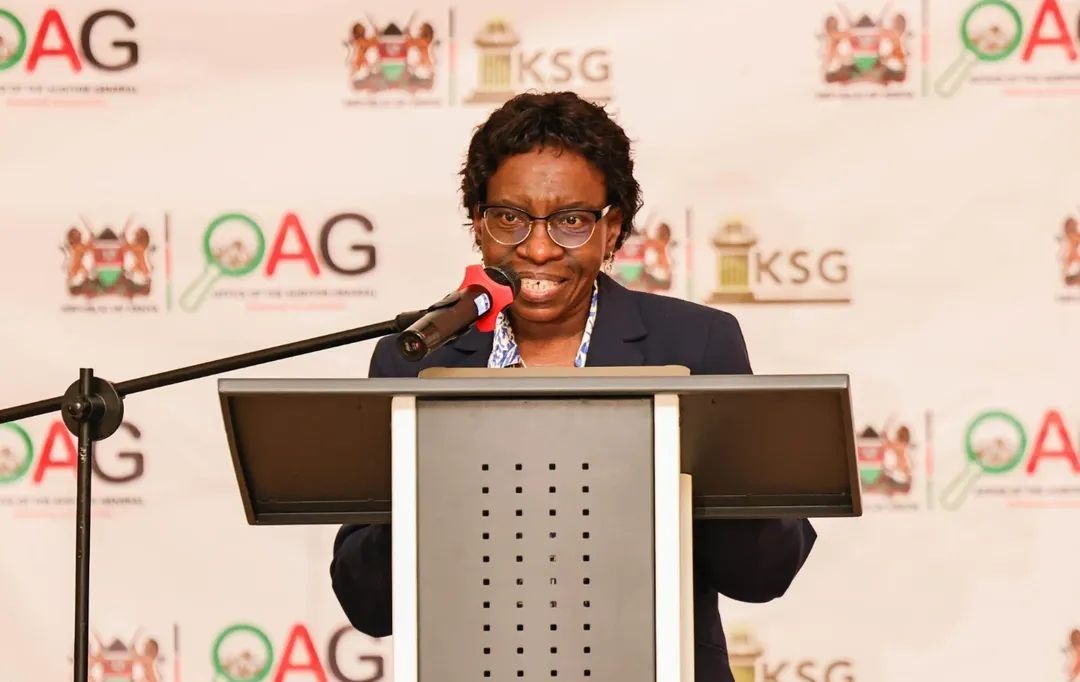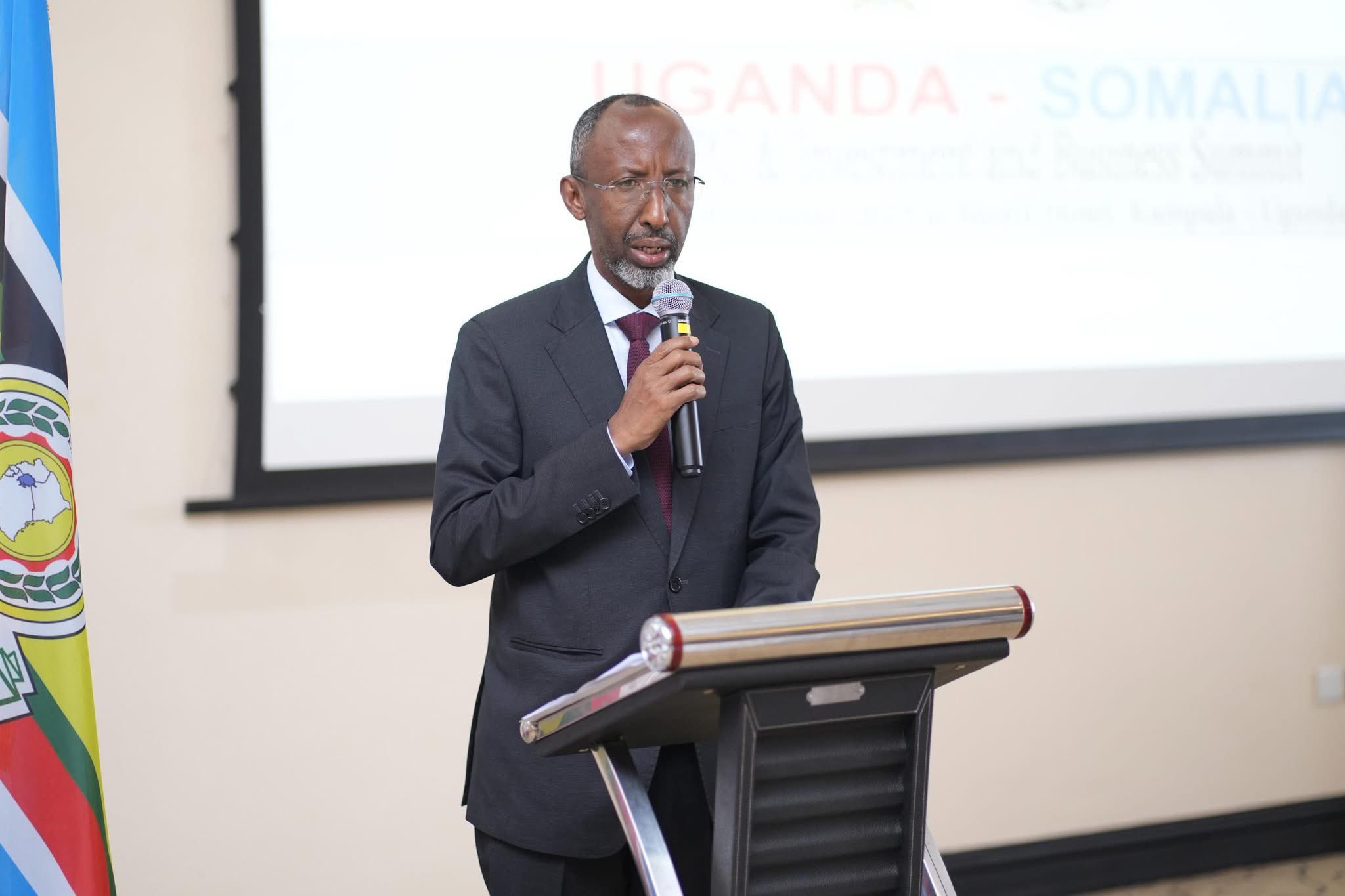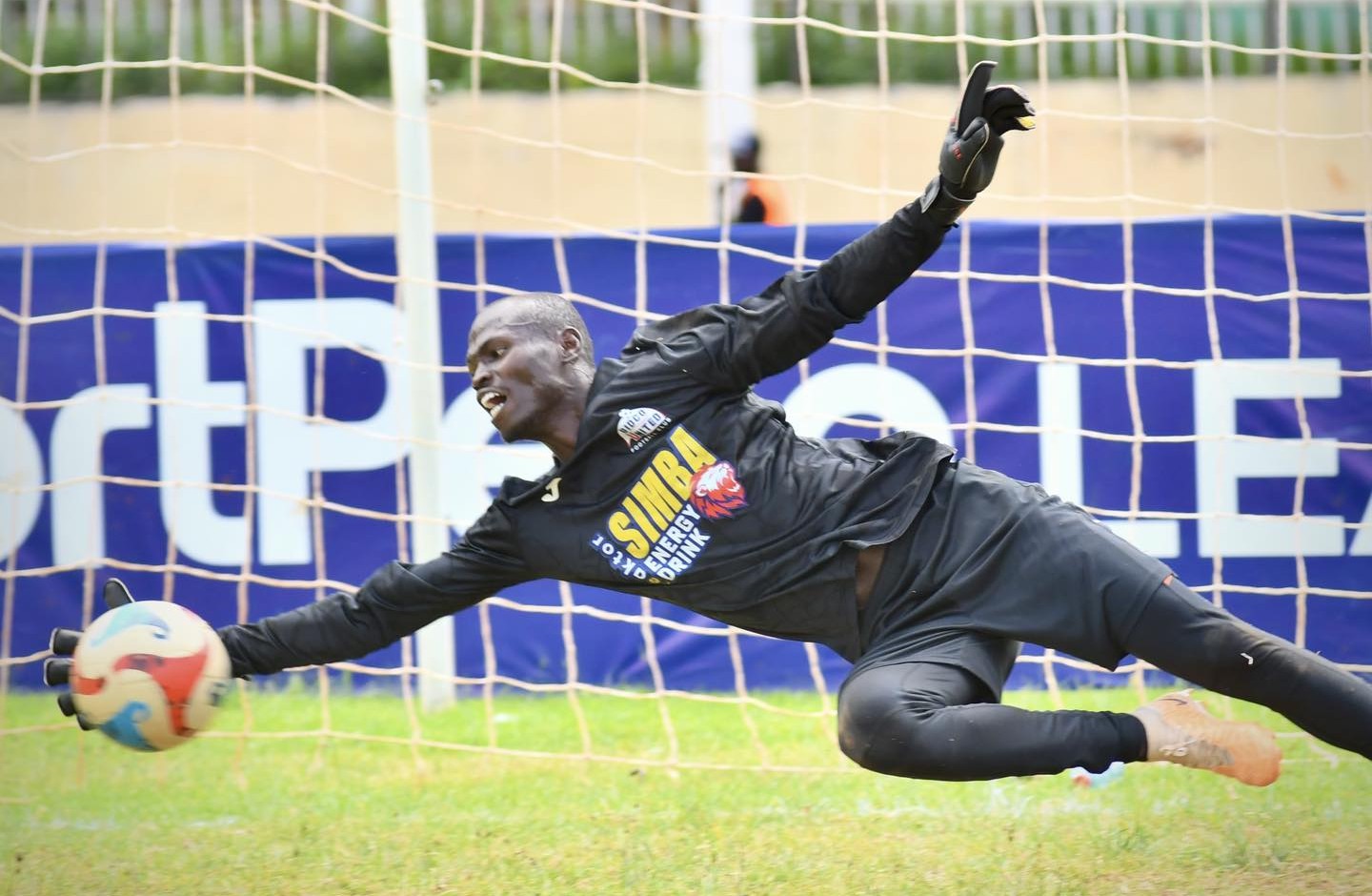As Nairobi Fight Night gains momentum, Kenyan boxing looks to its roots for revival

Boxing has been a significant sport in Kenya's Olympic history, contributing seven medals to the nation's tally. However, since the late 1980s, the sport has experienced a steady decline, with no recent medalists emerging to carry on its legacy. In a bid to revitalise boxing in the country, the Kenya Professional Boxing Commission (KPBC) has launched the “Nairobi Fight Night,” a monthly event aimed at providing more opportunities for professional boxers. This initiative promises to foster a new era for Kenyan boxing, combining local talent with a vision for growth and sustainability in the sport.
Boxing is Kenya’s second most successful sport at the Olympic Games, with Kenyan pugilists winning seven out of the 124 medals the country has earned in its Olympic history. The remaining 117 medals have come from athletics.
Despite Kenya being represented in boxing in seven of the last nine Olympic Games, only missing out in 2004 and 2024, there has been no Kenyan medalist in the sport since the late Robert Wangila and Chris Sande won gold and bronze, respectively, in the welterweight and middleweight categories at the 1988 Seoul Olympic Games.
More To Read
Since 1988, Kenyan boxing has been in steady decline, with recent performances suggesting the sport has hit its lowest point. However, there is hope for a revival.
In collaboration with Solid Rock Promotions and Aiwex Sports, the Kenya Professional Boxing Commission (KPBC) has embarked on a journey to resuscitate the sport through a monthly event dubbed “Nairobi Fight Night.”
During the inaugural event on Tuesday 6 August, at the Alchemist Bar in Nairobi's Parklands area, KPBC Chairman Reuben Ndolo praised the initiative, saying it would revolutionise Kenyan boxing by ensuring more well-paying bouts for Kenyan boxers.
“There are over 300 professional boxers in Kenya, but most are wasting away because fights are few and far between. Therefore, they are not in a position to earn a decent living while practising the sport. With an initiative like Nairobi Fight Night, this will definitely change that trajectory for the better,” Ndolo said.
KPBC sanctioned the event and provided judges and referees who supervised the four fights that took place on that day.
Ng’arua Kamuya, one of the event’s organisers, stated that the event is currently funded by Aiwex Sports, but they hope corporate sponsors will be attracted as its popularity grows.
The eight boxers on show that day went home with between SH 15,000 and SH 60,000 each.
“We plan on growing that purse in future events as we are talking to potential sponsors to support the event. We also have plans to broadcast the event so that those who cannot make it to the venue can follow it online or on television,” Kamuya added.
Other plans include ensuring that future fights take place in a proper boxing ring. On that day, the bouts took place in a makeshift ring after the professional boxing ring that the organisers had procured turned out to be too big for the designated space.
“We had procured a 7-metre by 7-metre boxing ring, but it could not fit in the space provided. As such, we had no other choice but to improvise because the event had to go on. We have taken measurements of the space, and in the next event, we will have a 5-metre by 5-metre boxing ring,” Willy Wex of Aiwex Sports told The Eastleigh Voice.
As the organisers of the event work on making future events bigger and better, key stakeholders in the boxing industry, while lauding the initiative, are also calling for a similar focus on making amateur boxing more competitive.
Nick Abaka, a former boxer who currently runs a boxing academy in Nairobi’s Korogocho area, strongly believes that placing more emphasis on developing and growing amateur boxing, particularly at the grassroots, will ultimately benefit efforts to professionalise the sport.
“A boxer cannot turn professional without making their bones at the amateur level. In Kenya, amateur boxing is in a state of despair due to a lack of funding. Boxers at this level of the sport struggle to find money to buy equipment and even afford proper nutrition. Due to such challenges, very few are ready to turn professional when they reach the right age,” Abaka told The Eastleigh Voice.
Abaka insists that the elevation of amateur boxing will create a competitive pathway to professional boxing in Kenya and will see the country’s boxers thrive in similar structures and systems to those in the United States.
“In the US, a boxer is properly tested at the amateur level before turning professional. If we can have similar measures in place for Kenyan boxing, we will manage to produce many world-class boxers,” Abaka said.
Benson Gicharu, a former boxer who has represented Kenya at the Olympic Games and won medals at the Commonwealth Games, echoed Abaka’s sentiments.
“Initiatives like the Nairobi Fight Night are welcome as they will break the cycle of a professional boxer in Kenya having to stay one or two years without a fight. While such initiatives are in place, it is also important to develop amateur boxing where, in my honest opinion, most boxers give up on the sport too early due to lack of motivation," he said,
"Boxing coaches at the amateur level work for free, and their commitment to consistently train the boxers can be severely tested at times as they skip sessions to attend to other income-generating engagements. As such, the boxers start drifting away from the sport due to a lack of frequent guidance and mentorship,” Gicharu emphasized, adding that a boom in professional boxing could still benefit amateur boxing due to the trickle-down effect.
“An increase in well-paying professional fights in Kenya can have a positive impact on amateur boxing as the money won in those bouts can trickle down to the grassroots through professional boxers and boxing clubs reinvesting their winnings back into the sport to support upcoming boxers,” Gicharu added.
Gicharu is also a police officer, and while Abaka did not refer to him directly, Abaka stated that boxers under the disciplined forces like the Army, Police, and Prisons tend to gain more from the sport than boxers who represent community boxing clubs.
“Boxers in the disciplined forces have access to the best training and nutrition because the sport is well-funded by their employers. However, at community boxing clubs, the situation is so dire that boxers even have to share mouthguards. There were periods when community boxing clubs thrived when corporates had an interest in the sport. It would be good to have those days back,” Abaka said, adding that social halls, where most boxers train, also need to be renovated to required standards so they can appeal to budding boxers as a place they would love to spend most of their time training.
With Abaka and Gicharu wishing to see the Nairobi Fight Night grow to greater heights, boxer Dennis Okoth, alias Gorilla or Dancing Master, is eagerly looking forward to appearing in the second edition of the Nairobi Fight Night, which will take place on Tuesday 3rd September at the Alchemist Bar.
Okoth featured in the main event during the first Nairobi Fight Night in early August and has high hopes of building on his technical knock-out victory over the Ugandan Jonathan Muhezi on that occasion.
“The Nairobi Fight Night has given me a new lease on my boxing career as it offers me an opportunity to compete regularly. There are so many boxers stuck at the amateur level, and an initiative like this is welcome as it reduces the gap to turning professional. I am happy I earned well during my first fight and cannot wait to get into the ring again and show what I am capable of,” Okoth said.
Top Stories Today
